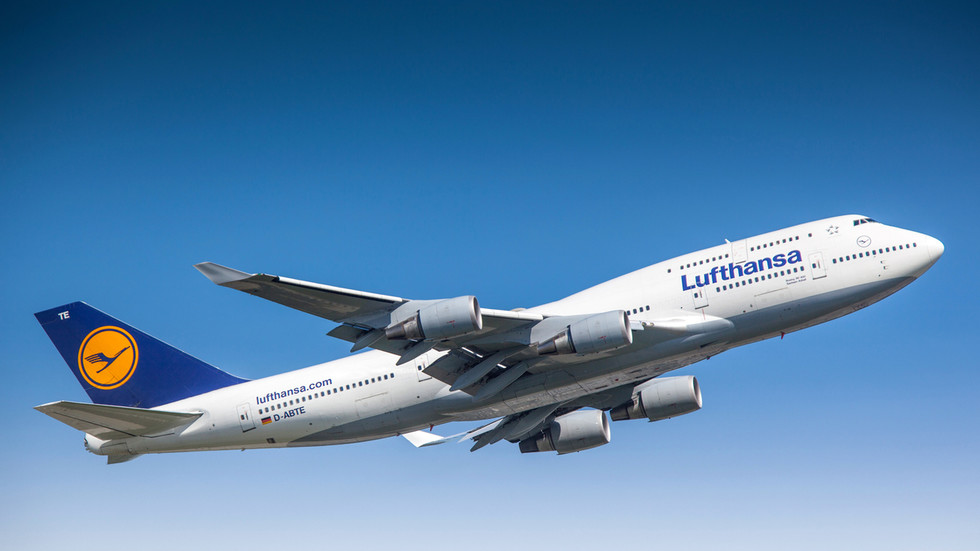
Less polluting synthetic kerosene is too energy intensive, according to the airline

© Getty Images / Jetlinerimages
Germany’s flagship airline Lufthansa has warned that it would need to consume half of the country’s entire electricity output if it were to shift to green fuels such as e-kerosene, Bloomberg reported on Monday.
Lufthansa CEO Carsten Spohr reportedly stated that synthetic fuels manufactured using renewable energy represented the best approach to decarbonize aviation. However, it is unlikely that there is sufficient green electricity in Germany to generate them, the executive warned.
“We would need around half of Germany’s electricity to create enough of the fuels,” Spohr was quoted as saying at an aviation conference in Hamburg. “I don’t think Mr. Habeck is going to give me that,” he added, referring to Economy and Energy Minister Robert Habeck.
According to the report, synthetic fuels such as green kerosene, which is derived from water, are seen by aviation industry executives as the only technically viable way to decarbonize air travel. The industry has been working to set up a market for a carbon-neutral version of the kerosene that powers most modern aircraft. However, the process requires huge amounts of electricity generated from renewable resources in order to ensure carbon neutrality.
The attempts to decarbonize air travel come at a time when Germany has to rely on imported electricity because it can no longer meet its demand with domestically generated power. The EU’s largest economy has had to ramp up electricity imports this year after the government decided to shut down the country’s last remaining nuclear power plants in favor of renewable energy sources.
READ MORE: Germans facing higher gas bills – Bloomberg
Germany has also been struggling due to the reduction in Russian energy deliveries, which were almost entirely halted after the EU imposed sanctions on Moscow last year in response to the Ukraine conflict. Prior to 2022, Germany relied on Russia for roughly 40% of its natural gas.
German industry executives have sounded the alarm over looming electricity shortages that could endanger the competitiveness of Germany as an industrial hub.
For more stories on economy & finance visit RT’s business section




